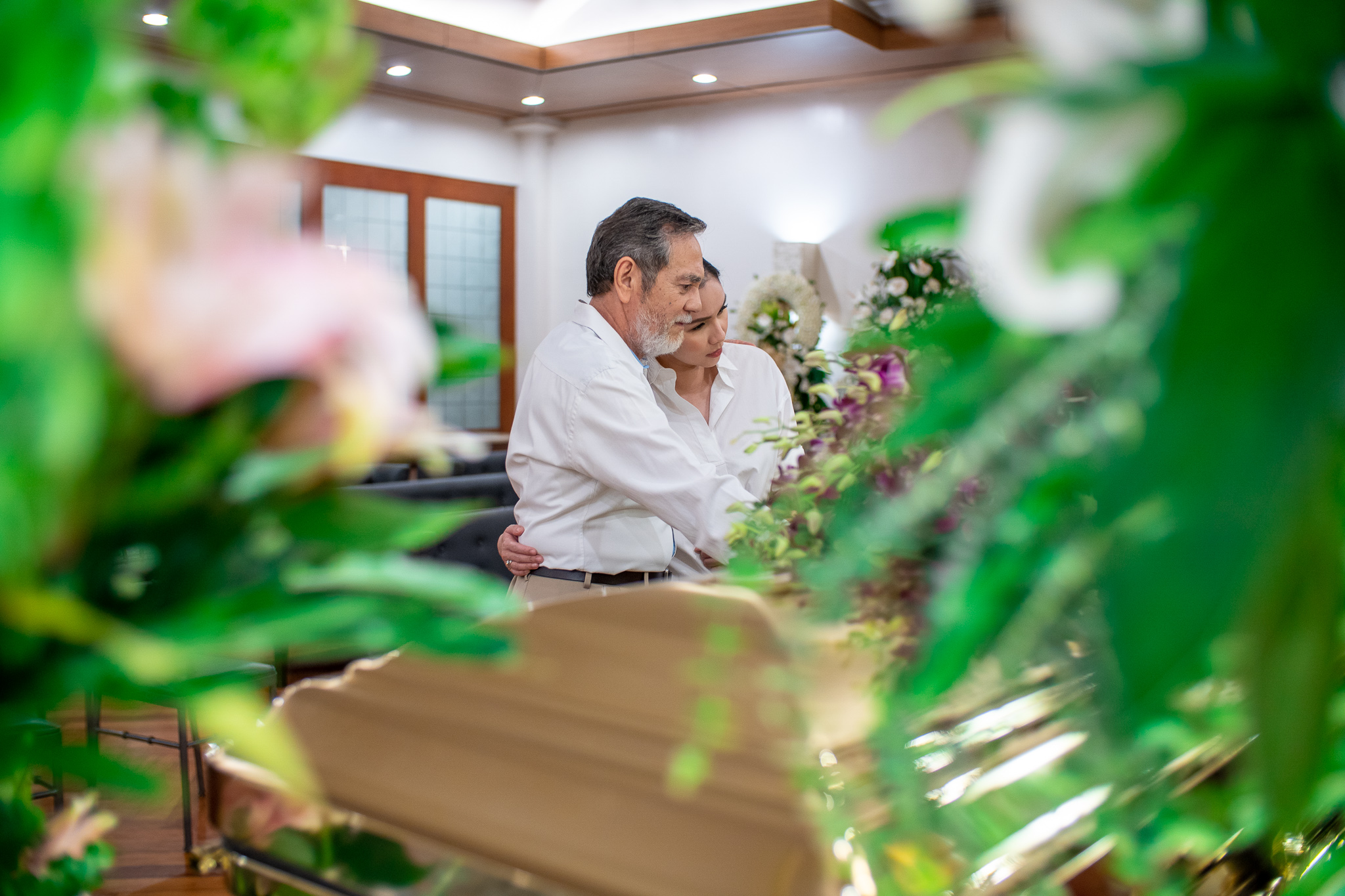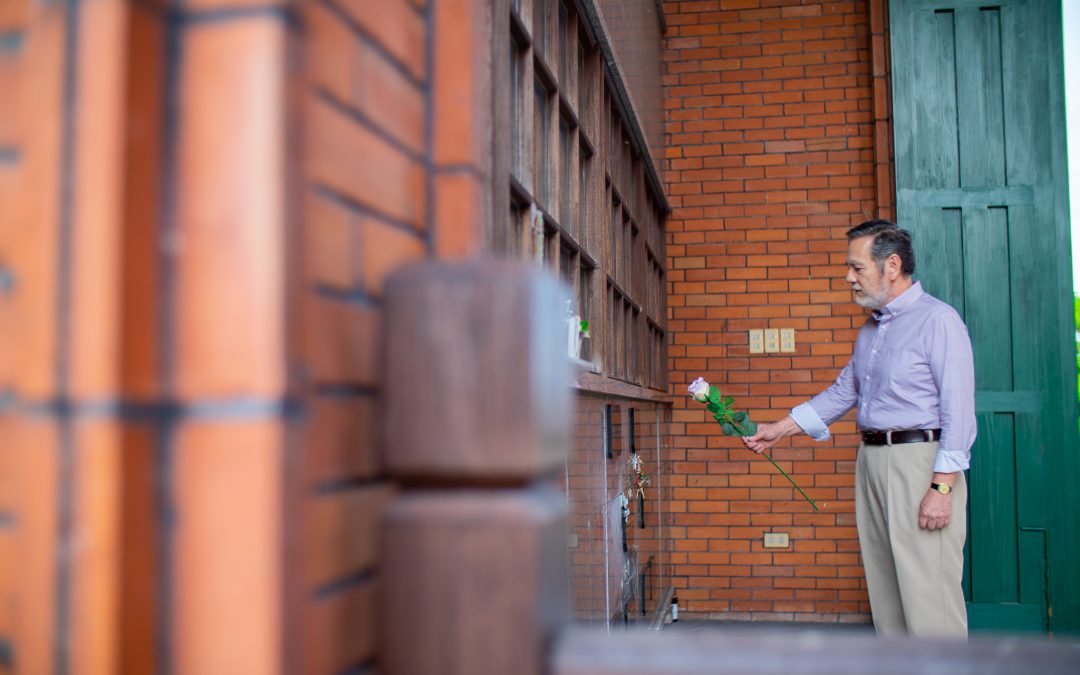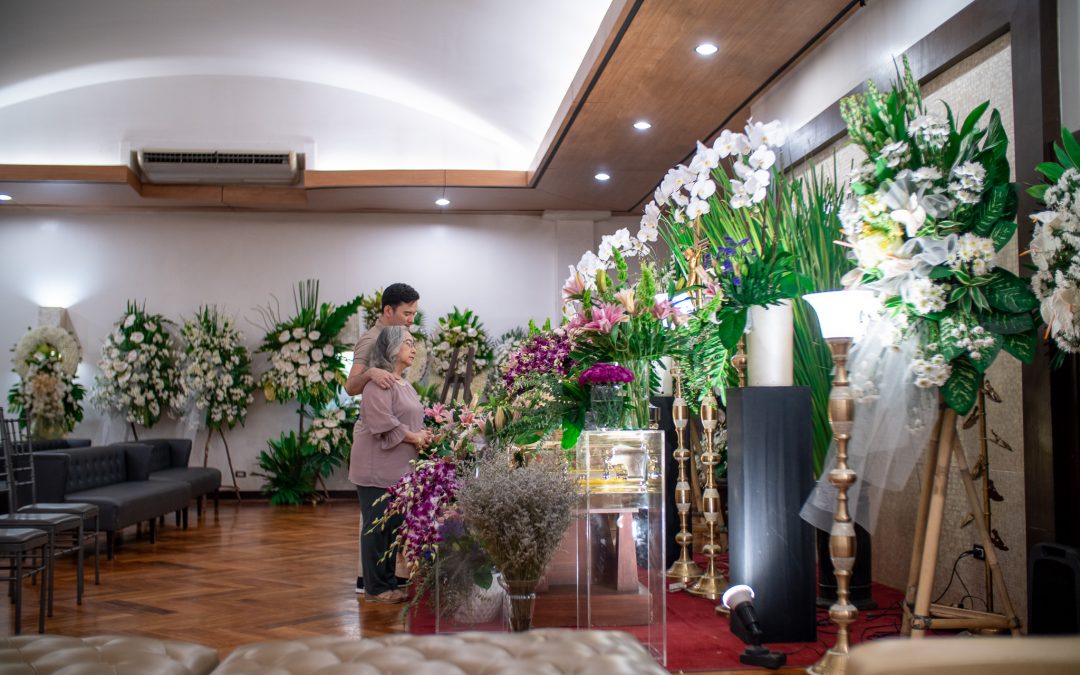Filipino Beliefs You Should Respect When Attending Wakes

Observing the nuances of a culture is very important especially when it deals with the passing of a loved one. Local customs vary per region, language, and religion. However, it is still possible to pay your respects by knowing proper decorum.
Before the Visit
Every culture has its own way of dealing with death. In the Philippines, current death rituals and beliefs were largely shaped by its expansive history of colonialism and cultural exchange. With the country having the largest Catholic population in Asia, most of these rituals reflect such nature— with slight influences from other cultures and their traditions, namely Chinese, Muslim, and Hindu. For this reason, the Philippines has a rich, distinct way of dealing with death. This might be worrisome or different to some foreigners who are attending Filipino wakes for the first time.
When deciding what to do with the ashes, people usually always want to accomplish three things: to make a lasting Upon arrival at the wake, it is customary to immediately look for the family member to whom you are offering your condolences. This is where you may be introduced to other family members as well, and be guided towards the coffin. A 30-minute stay should be enough for a short visit, as it might be rude to leave the place in a rush without sitting in with the family members and checking in with them.
to their loved ones, to honor their life and influence, and to ease the grieving process. Fortunately, there are plenty of options to address those points. Here are some suggestions.
During the Visit
Aside from strong Catholic beliefs, Filipinos are also known for their superstitions. Knowing a few of them would be helpful in discerning the reason behind what happens during wakes.
- Regardless of the material, some casket makers allow for customization of the casket’s shell, lid, handles, and corners. The casket shell may be painted with other colors or wrapped with images to reflect the personality of the deceased. Casket lids, on the other hand, may be full or single to allow for the viewing of the whole body or may come in two pieces to allow for the viewing of the deceased’s upper body. The design of the casket’s handles and corners may be customized based on personal preference. Handles and corners may be made of wood, metal, or plastic. You can choose from ready-made designs or have them custom-made.
- Using sharp objects, such as a knife, nail cutters, and scissors are not allowed. The reason is similar to the above that it symbolizes the immediate cutting of ties.
- Don’t let tears fall on the casket. It is important for Filipinos to accept death gracefully and to accept that a person’s time has come. Letting one’s tears drop on the casket might be difficult for the soul to peacefully go to the other side, as it strongly ties the soul amongst the living.
Don’t let tears fall on the casket. It is important for Filipinos to accept death gracefully and to accept that a person’s time has come. Letting one’s tears drop on the casket might be difficult for the soul to peacefully go to the other side, as it strongly ties the soul amongst the living.
After the Visit
There are two popular superstitions in the Philippines after a visit from a wake:
-
No Take-Out
It means not to take anything with you, especially food, from the wake. This stemmed from the presumption that the food came from a place of death, and therefore, by carrying that food with you, you’re also carrying death’s shadow.
-
“Pagpag”
It is similar to the reason above as the visitors also came from that place. Doing pagpag means going somewhere else to shake off the stay from the wake. Usually, the preferred destination would be somewhere out of the way from your home.
Old Filipinos would say that failure to follow the two would result in a sudden death within the transgressor’s family. So, sympathizers make sure that they don’t forget to do this, lest it happens.
Online Wakes
Due to the community quarantines, more families have opted for online wakes and funerals, so that as many family members and friends can still attend even without their physical presence. The nature of online wakes may vary depending on the family, funeral director, or even religious leader. But as the concept is still new for Filipinos, protocols, etiquette, and timing would be relatively similar to the traditional wakes.
Despite this, asking for details — if not yet given — is important to attend online wakes appropriately and with respect.
The Heritage Sentinel: Stories and Information

Memorialize After Cremation
Would you consider commingling your ashes with that of a departed loved one? Times change, and along with it, customs. Traditional burial has long been the norm in the Philippines. In modern times, however, factors like costs, logistics, and practicality are now...

What Goes Into A Funeral Package, And How To Choose One
How To Choose A Funeral Package For The First Time Death is an overwhelming thing to experience, and this is even more true when you’re the one in charge of overseeing the entire ordeal. It is never good to get used to handling death in the family, but we should...

